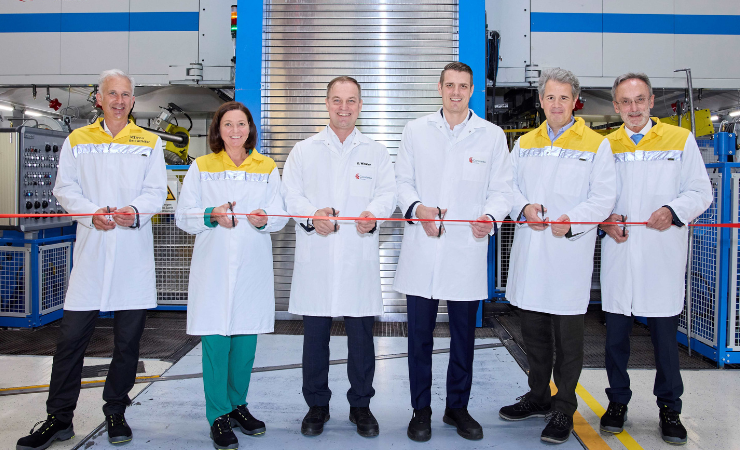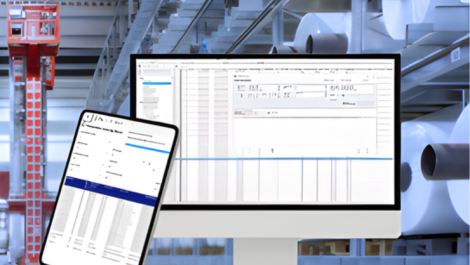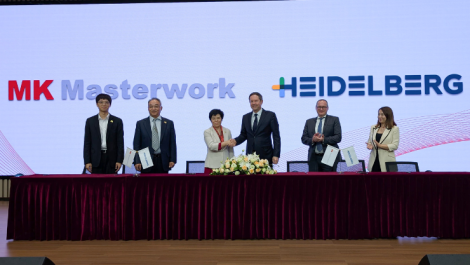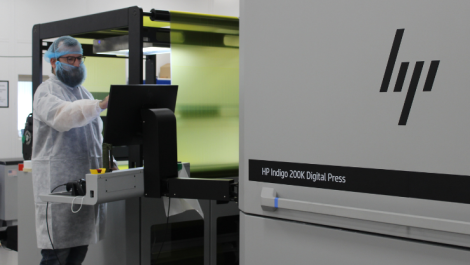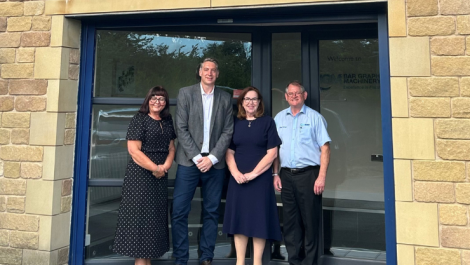Constantia Flexibles officially inaugurated the expansion of the rolling mill at its main production site, Constantia Teich, in Weinburg, Austria. The event attracted regional figures, including Doris Schmidl, member of the lower Austrian state parliament, vice president of the chamber of commerce of lower Austria Thomas Salzer, district commissioner Josef Kronister, and local mayors from surrounding municipalities.
The €50 million (£42.2 million) investment is intended to enhance local, sustainable aluminium foil production and improve the resilience of European supply chains. An additional €30 million (£25.4 million) has been invested in a new lacquering line over the past few years.
“With this investment, we are making a clear statement for growth, innovation, and sustainability,” said Daniel Winkler, executive vice president of the aluminium division and Group sustainability at Constantia Flexibles. “By expanding the rolling mill, we are increasing aluminum foil production by around 30 percent—up to 90,000 tons per year—making our largest plant in the group also one of the largest integrated producers in Europe. At the same time, we are making a significant contribution to decarbonisation, avoiding approximately 100,000 tons of CO2 emissions.”
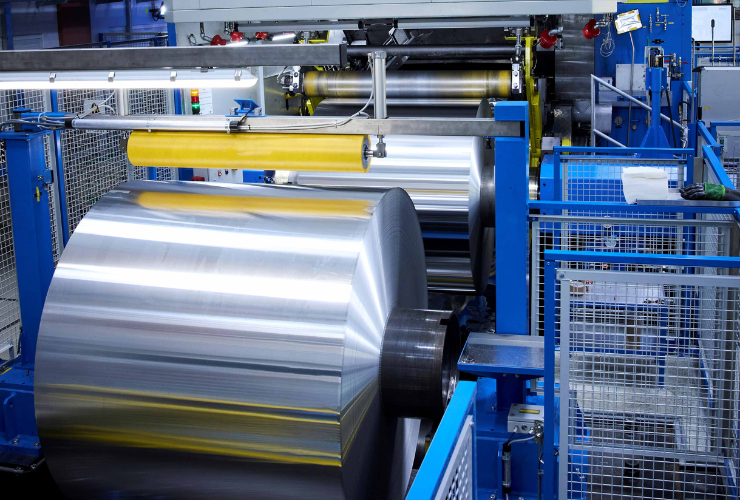
Constantia Flexibles’ new rolling mill
The expansion includes European technologies such as three foil stock furnaces, a rolling station, a separator, three double-chamber foil furnaces, an expanded high-rack storage facility, and a lacquering line. The plant’s energy needs will be met in part by a company-owned photovoltaic system.
Wolfgang Kitzler, managing director of Constantia Teich, commented: “The expansion of the rolling mill not only strengthens our competitiveness but also the economic location of Lower Austria. We are creating long-term jobs and ensuring an independent, stable supply of high-quality packaging material for the European packaging industry.”
Mr Salzer added: “The industry is currently under enormous pressure. That is precisely why it is an important signal that a leading company like Constantia Teich is deciding on this major investment for growth, innovation, and future security. The chamber of commerce of Lower Austria is vehemently advocating for improved conditions for the industry – from relief in ancillary wage costs to competitive energy prices.”
The new capacity will serve key strategic segments including coffee capsules, pharmaceutical, and food packaging. The first commercial production has already begun.

